Facial Contouring Surgery
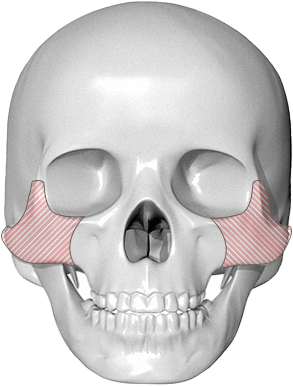
before
Prominent cheekbones
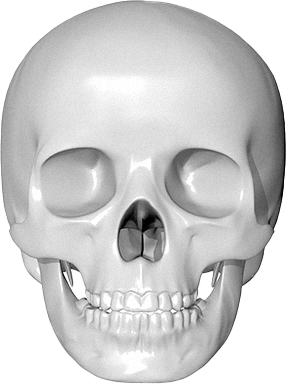
after
Cheekbones shaped to fit
the balance of the face
Cheekbone Reduction
Cheekbones play a key role in defining facial contours.
Prominent cheekbones can create a strong impression,
making the face appear wider and flatter. From the side,
pronounced cheekbones may cause the cheeks to look hollow
and cast shadows, giving a darker impression.
In Korea, it is common for both the 45-degree
and the side-profile cheekbones to protrude,
which makes three-dimensional correction
the most crucial aspect for an effective cheekbone surgery.
slimmer
face
Seamless
line
Three-dimensional
face
345 Youtube
Watch the video on
Cheekbone Reduction Surgery
Dr. Park Jong-rim's insights on cheekbone surgery, a crucial procedure for the center focus area of the face.
345 YoutubeCheekbone Osteotomy Area
The amount of bone to be removed is determined based on the individual’s facial structure, and then the osteotomy is performed accordingly for optimal results.
First, 1:1 Customized Design
We analyze the shape of each individual’s cheekbones to determine the optimal amount of bone removal and the precise location for osteotomy.
Second, Voluminous and Three-Dimensional Face
We improve wide and flat faces to create a more three-dimensional and defined appearance.
Third, Harmonious Design for the Face Shape
Instead of focusing on the isolated effects, we aim to achieve overall facial harmony.
Design that fits each face
Design to Find the Ideal Cheekbone Shape
for Each Individual's Face
In cases where the cheekbones are excessively protruding,
giving a strong impression, or when the face appears flat
with no dimensionality, 345 Plastic Surgery designs
the ideal cheekbone shape to match each individual’s
face shape and overall aesthetic.
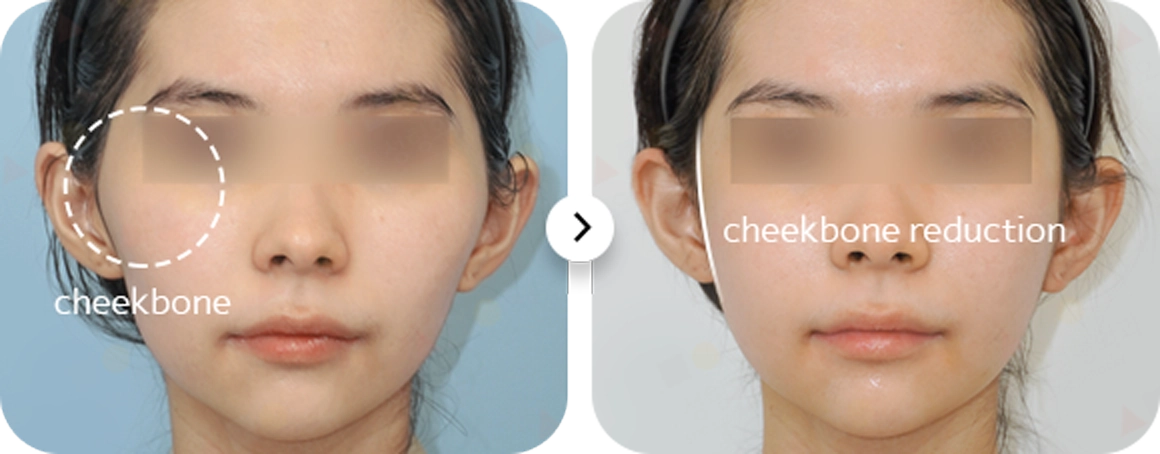
Before and After Photos of
Cheekbone Reduction Surgery
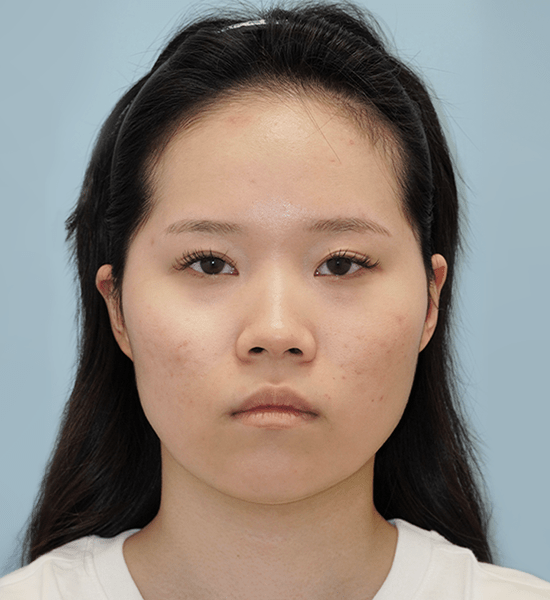
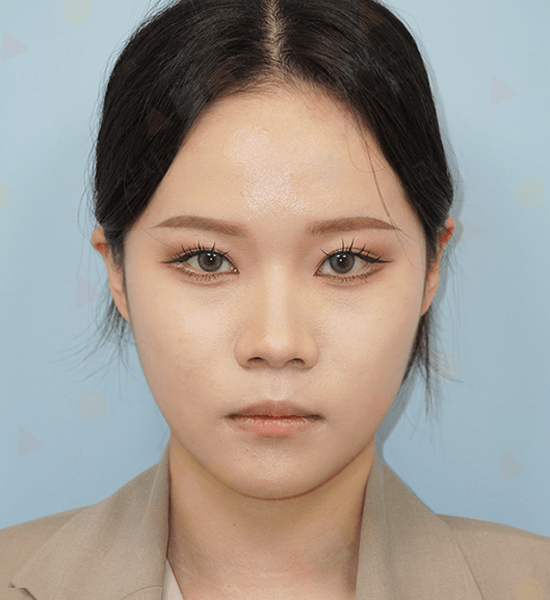
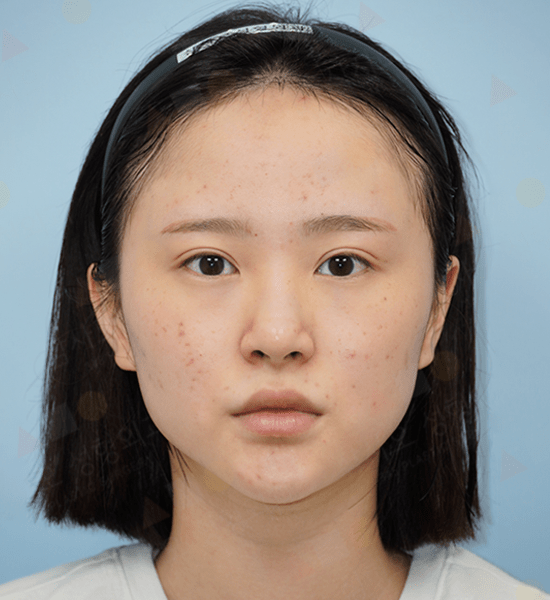
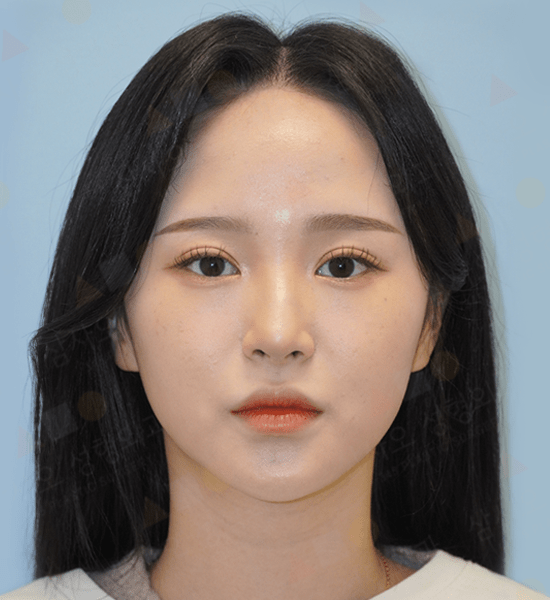
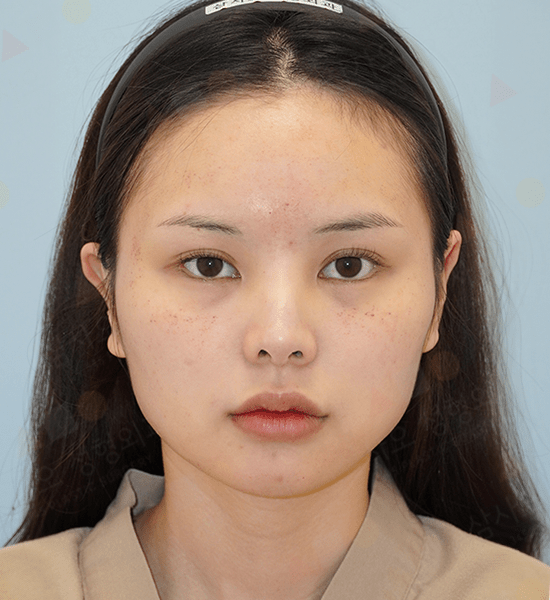
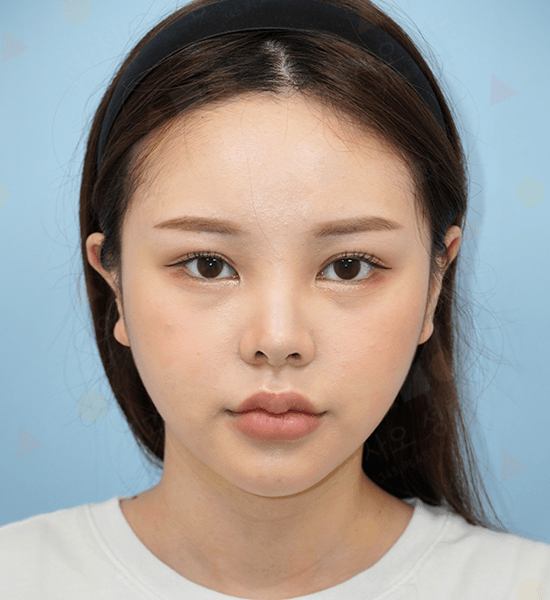






Cheekbone repositioning surgery
Not just simple bone removal,
but surgery through cheekbone repositioning.
The cheekbone reduction surgery performed at 345 Plastic Surgery involves repositioning of the cheekbones to the optimal location that suits each individual’s face shape. This allows for a more natural and three-dimensional facial contour.
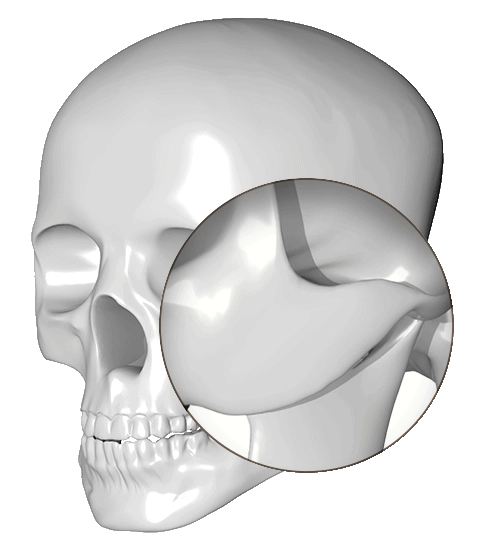
STEP 01
Segmental Osteotomy
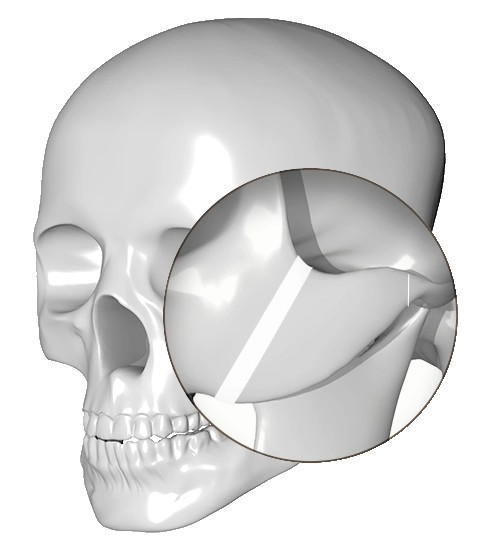
STEP 02
Cheekbone Repositioning
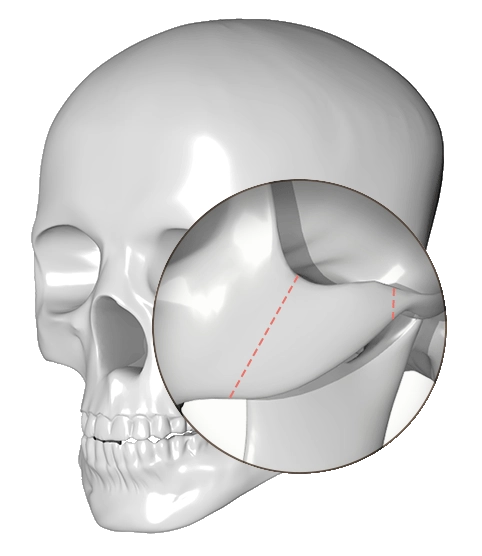
STEP 03
Triple Pin Fixation
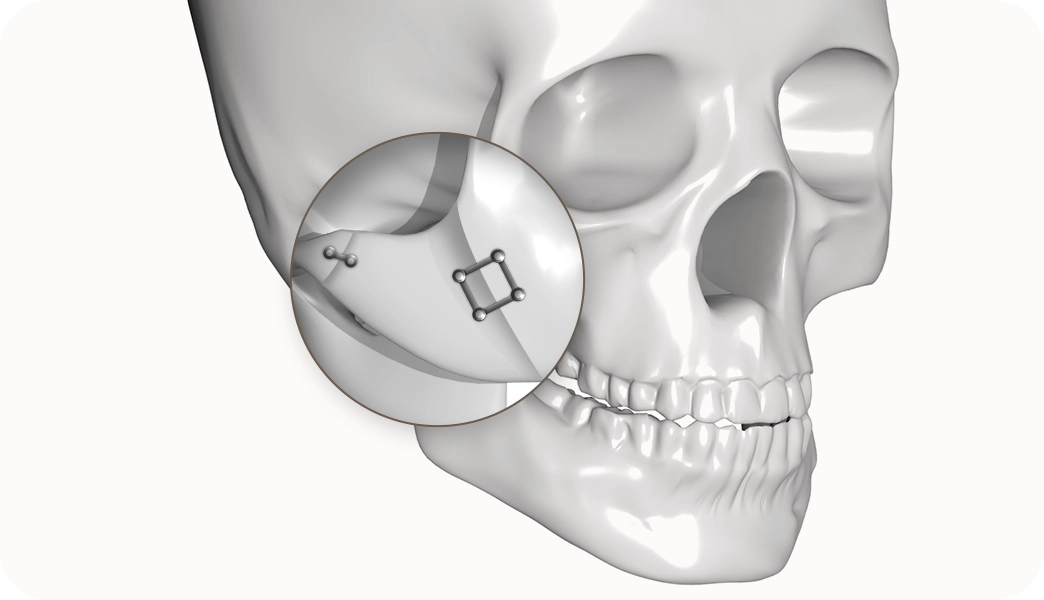
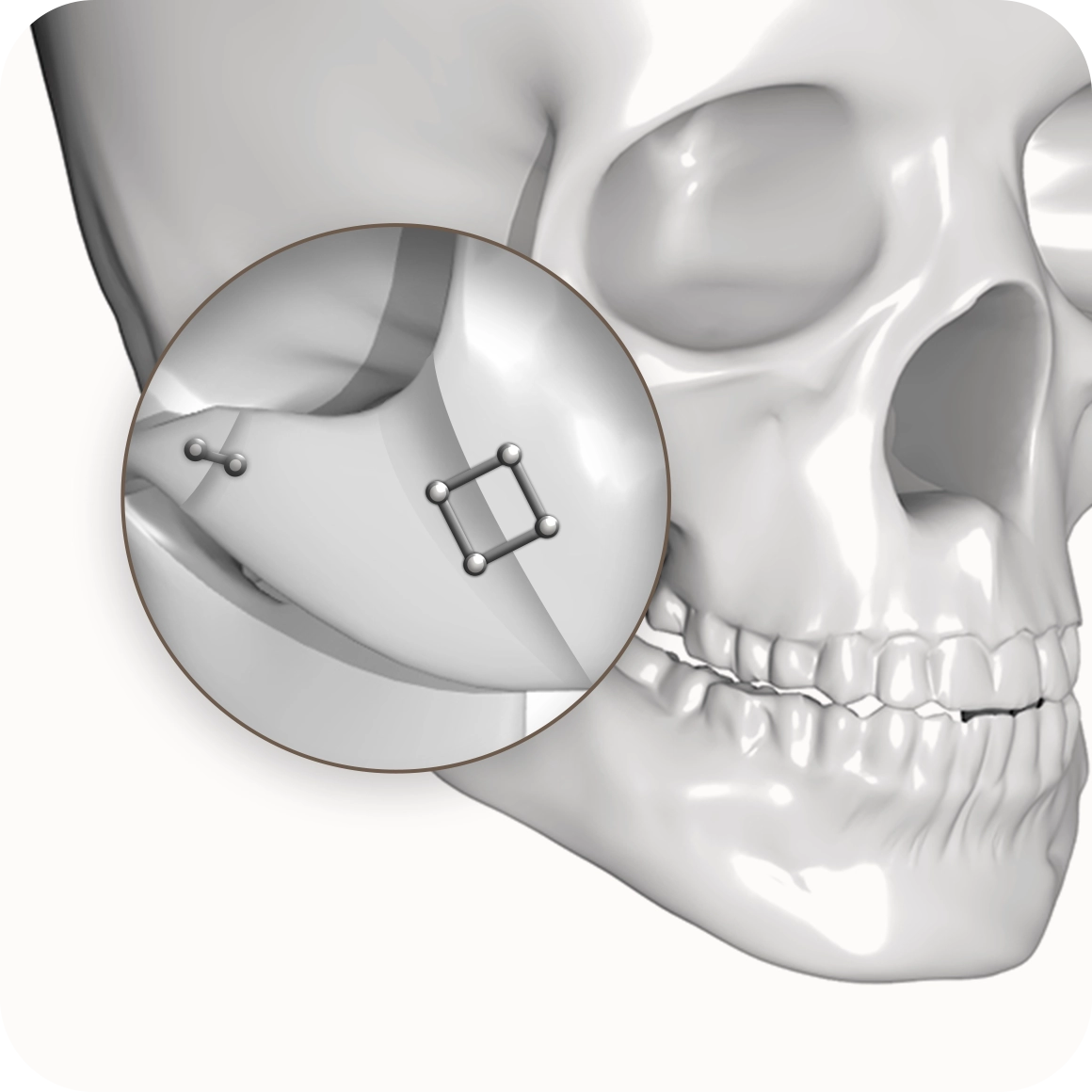
Strong fixation
Triple titanium pin fixation provides
enhanced stability.
Triple titanium pin fixation prevents bone displacement or misalignment.
Cheekbone Reduction Aftercare program
Comprehensive Aftercare for
Cheekbone Reduction Surgery
We help patients recover smoothly and reduce scars, swelling, and bruising through advanced equipment.
Helps with wound healing after
surgery and reduces swelling
and bruising.
the skin cells to promote
soothing and regeneration.
skin cells, enhancing regenerative
ability and supporting faster
recovery after surgery.
to help you continue your recovery
process comfortably.
Cheekbone Reduction Surgery Info
Quick Overview of
Cheekbone Reduction Surgery
Discover information about cheekbone
reduction surgery,
which creates natural
contours through delicate and precise
osteotomy and excision techniques.

Surgery Time
Within 1 hour

Anesthesia
General Anesthesia
Hospital Stay
Same-day discharge available
Follow-Up Visit
2 visits
(Staple removal at 1st and 2nd week)
Recovery
Daily activities can be resumed after 2-3 days.
Recommended target
Recommended for
these individuals
Are you concerned about surgery?
Feel free to inquire!
01
First, Large Face
When prominent cheekbones make your face look larger .
02
Second, Masculine Impression
giving a more masculine appearance.
03
Third, Uneven Face Shape
an imbalanced facial contour.
04
Fourth, Shadowed Face
When the area below the cheekbones is hollow,
making the face appear shadowed.
Frequently Asked Questions
About Facial Contouring
When can the screws be removed after facial contouring surgery?
There is no fixed rule for removing the screws. However, after a long period post-surgery, bone may cover the screws or plates, making removal more difficult. It is best to remove the screws (plates) after the bone has fully healed, before any bone buildup or secondary changes occur. While removal is possible starting from 6 months post surgery, our clinic typically recommend waiting around 1 year post surgery for screw removal.
Will cheek sagging always occur after cheekbone reduction surgery?
Generally, when undergoing bone surgery, the reduction in bone structure causes the surrounding tissue to shrink accordingly. The time (recovery period) and degree of this shrinkage can vary depending on the individual. If a significant amount of bone is removed due to highly developed cheekbones, or if there is already sagging skin, the outcome may differ. However, it cannot be said that cheek sagging will definitely occur just from cheekbone reduction surgery.
During consultations, it is possible to predict the extent of sagging, and it is advisable to plan the surgery based on the current condition. At our clinic, if sagging is expected, we often combine the surgery with a lifting procedure, referred to as “Cheek Lifting,” (Zygoma) to address this concern.
Can I undergo orthodontic treatment after facial contouring surgery?
Orthodontic treatment can generally begin about 1 month after facial contouring surgery without any issues. During the first month post-surgery, you are in the recovery phase, and actions like opening your mouth or chewing may be uncomfortable and different from before the surgery, so caution is necessary.
Additionally, surgeries such as cortical bone removal or masseter muscle reduction may be performed simultaneously, causing the surgical areas to become tightly healed. As a result, opening the mouth may not feel as natural. If you are considering orthodontics, it’s recommended to first go through the recovery process for about a month. Since recovery times vary among individuals, it’s important to consult with an orthodontist to determine if you can proceed with treatment based on your current condition.
Why is there a loss of sensation after cheekbone surgery?
There is one important nerve to be cautious of during cheekbone surgery—the infraorbital nerve, which is responsible for sensation in the front cheekbones, lips, and gums. Depending on the dissection area, the nerve may be slightly stretched, which can lead to a temporary decrease in sensation in the affected area.
However, as long as the nerve is not cut or severely damaged during the surgery, sensation will gradually return over time, so there is no need to worry.